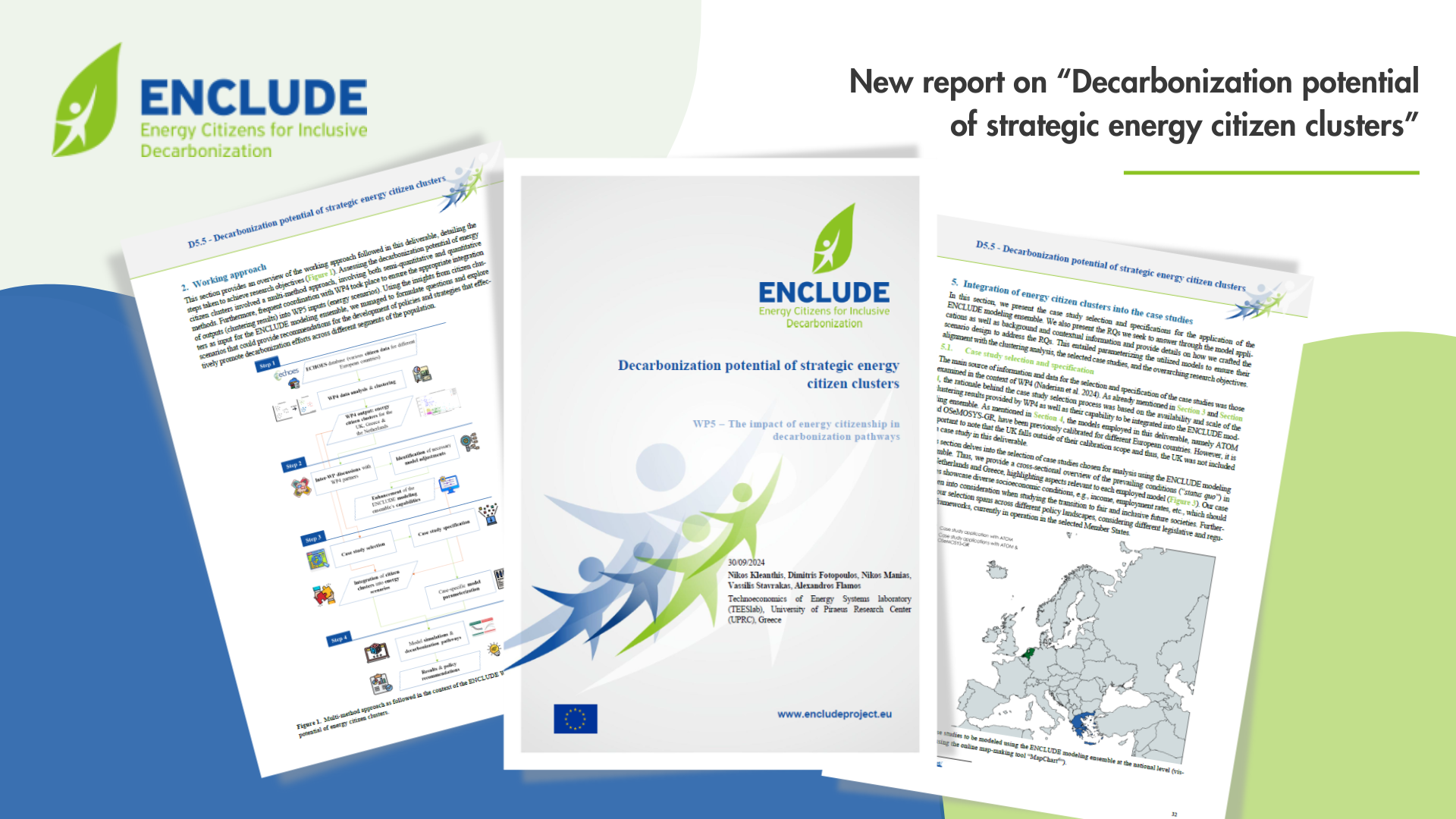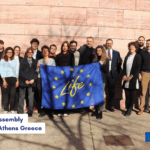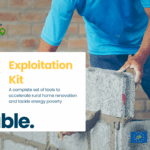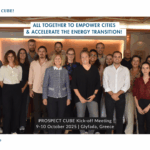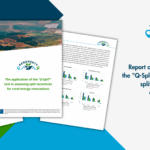Our latest report entitled “Decarbonization potential of strategic energy citizen clusters” produced within the EC-funded Horizon 2020 ENCLUDE project, aiming to quantify the decarbonisation potential of different citizen clusters and demonstrate which clusters are more crucial and responsive towards accelerating decarbonization efforts, is now published!
The ENCLUDE project contributes to European efforts for a just and inclusive transition towards climate neutrality by using the strengths of energy system and integrated assessment models, aiming at a more holistic understanding of the multi-scale relationship between the various forms of energy citizenship and decarbonization.
In this context, we expand our work under Deliverable 5.3 (with a focus on the decarbonisation potential of energy citizenship at the local scale) and Deliverable 5.4 (with a focus on the decarbonisation potential of energy citizenship at the national and the supranational scales) to extract tailored policies and interventions that can significantly enhance the overall effectiveness and efficiency of decarbonization initiatives among strategic energy citizen clusters.
More specifically, in past deliverables, and through the use of machine learning algorithms, clusters of energy citizens have been identified utilising data on energy consumption and carbon emissions for specific Member States. This resulted in the identification of commonalities within the utilised dataset and a subsequent categorisation of citizens in distinct groupings. The citizen clusters were then analysed based on sociodemographic characteristics and cognition-related attributes in order to produce a set of citizen profiles that can be used to draw narratives for energy scenario development.
Leveraging this work, clustering and profiling results were then integrated into energy system modelling and simulation tools, by translating the clusters’ characteristics and energy behaviours into inputs for the ENCLUDE modelling ensemble. This integration allowed us to quantify the decarbonisation potential of different citizen clusters and demonstrate which clusters are more crucial and responsive towards accelerating decarbonisation efforts.
Overall, we provide modelling results for the following two (2) cases:
- Adoption of rooftop solar photovoltaic (PV) systems in the housing sector for different energy citizen clusters in Greece and the Netherlands.
- Power sector capacity buildout based on electricity consumption patterns of different energy citizen clusters in the housing and mobility sectors in Greece.
You can read the full report here.
Visit the project’s website for more information about ENCLUDE.

